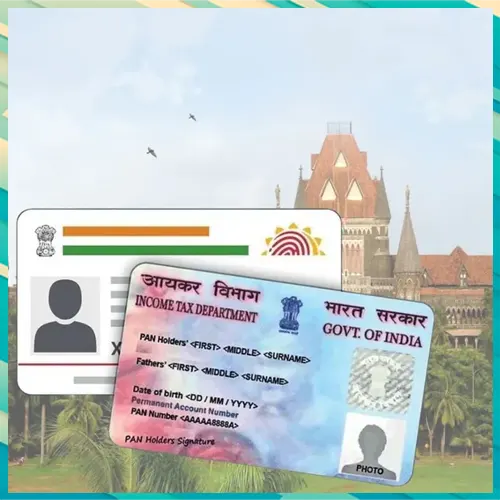
Justice Amit Borkar stated that the Citizenship Act, 1955 solely governs Indian nationality, defining who qualifies as a citizen, how citizenship is acquired or lost, and distinguishing lawful citizens from illegal migrants to safeguard national sovereignty
The Bombay High Court has ruled that holding identity documents such as Aadhaar, PAN, or a voter ID card does not make a person a citizen of India. The observation came while rejecting the bail plea of a man accused of illegally entering the country from Bangladesh.
The single-judge bench of Justice Amit Borkar said that Indian citizenship is governed exclusively by the provisions of the Citizenship Act, 1955, which outlines who can be considered a citizen, the legal methods for acquiring citizenship, and the circumstances under which it can be lost.
“Identity documents serve only for identification or accessing services. They cannot override statutory requirements for nationality under the Citizenship Act,” the court noted.
Case background
The accused, identified as Babu Abdul Ruf Sardar, is alleged to have been residing in India for over 10 years without valid travel documents. According to investigators, he entered the country without a passport and later obtained multiple forged Indian identity documents, including Aadhaar, PAN, voter ID, and an Indian passport.
Authorities have charged him under the Bharatiya Nyaya Sanhita, the Passport Act, and the Foreigners Order. The police also stated that document verification is still underway, and there is a real possibility he could abscond if released.
Court’s observations
Justice Borkar emphasised that the Citizenship Act draws a clear distinction between lawful citizens and illegal migrants. Under the Act, most legal routes to citizenship are closed to individuals classified as illegal migrants, a safeguard the court said was vital to preserving national sovereignty.
“This distinction ensures that benefits and rights reserved for citizens are not misused by individuals who have no legal basis to remain in the country,” the judge observed.
The court also noted that the case went beyond the issue of unauthorised stay, involving serious allegations of forging identity documents to falsely present oneself as an Indian national.
Bail denied
In light of the ongoing investigation, unverified documents, and the risk of the accused fleeing, the court concluded that granting bail was not justified.
The ruling reinforces that the possession of government-issued identification cannot be equated with legal citizenship — a status that can only be conferred in accordance with the framework established by Parliament through the Citizenship Act.
See What’s Next in Tech With the Fast Forward Newsletter
Tweets From @varindiamag
Nothing to see here - yet
When they Tweet, their Tweets will show up here.




























